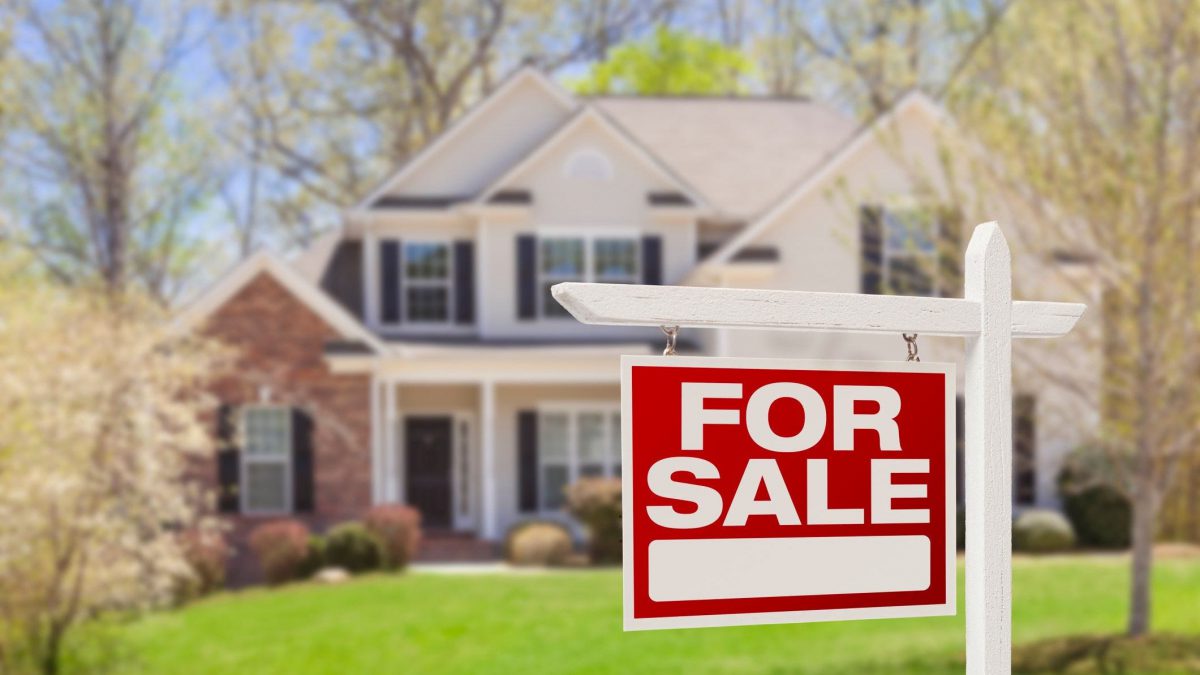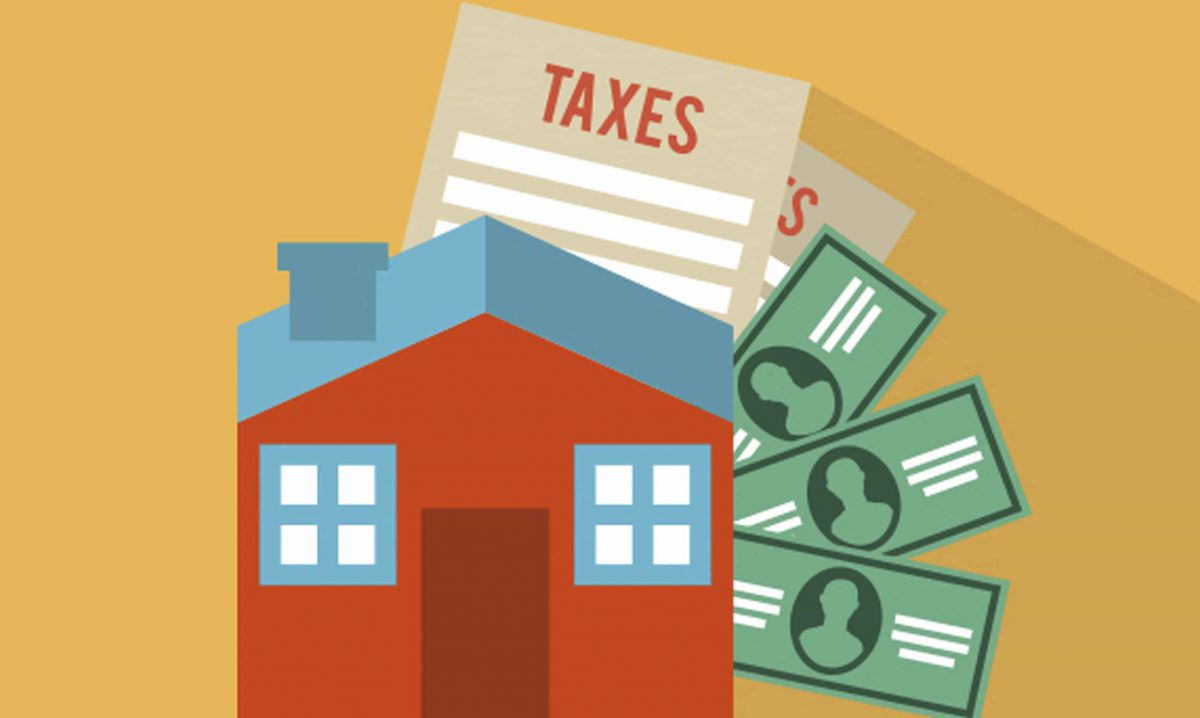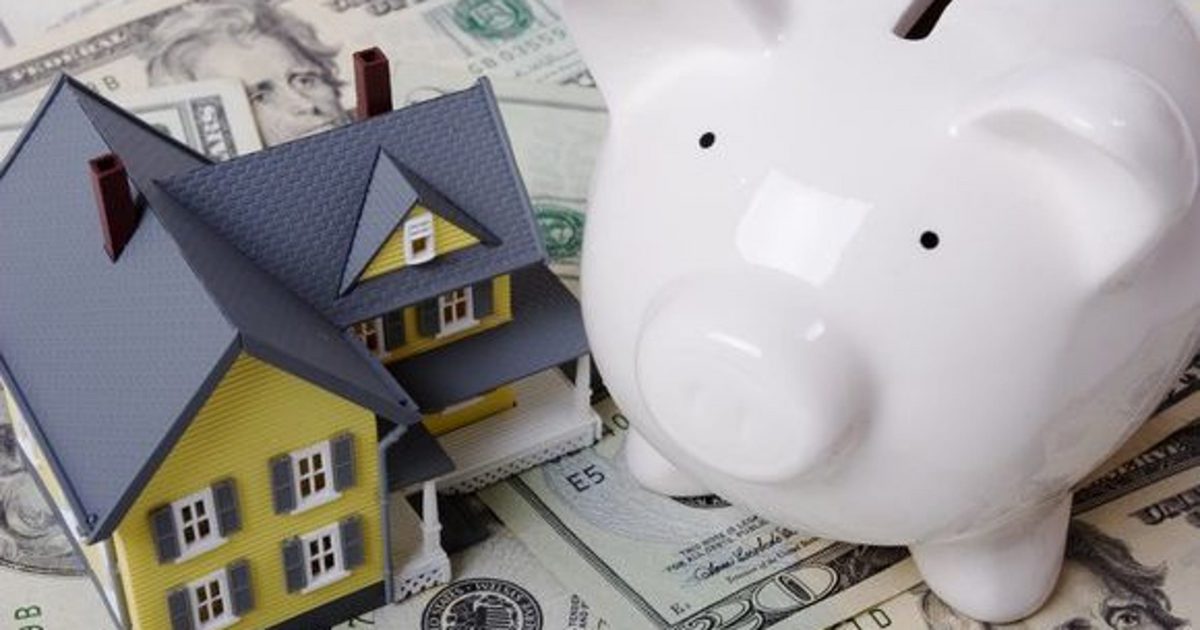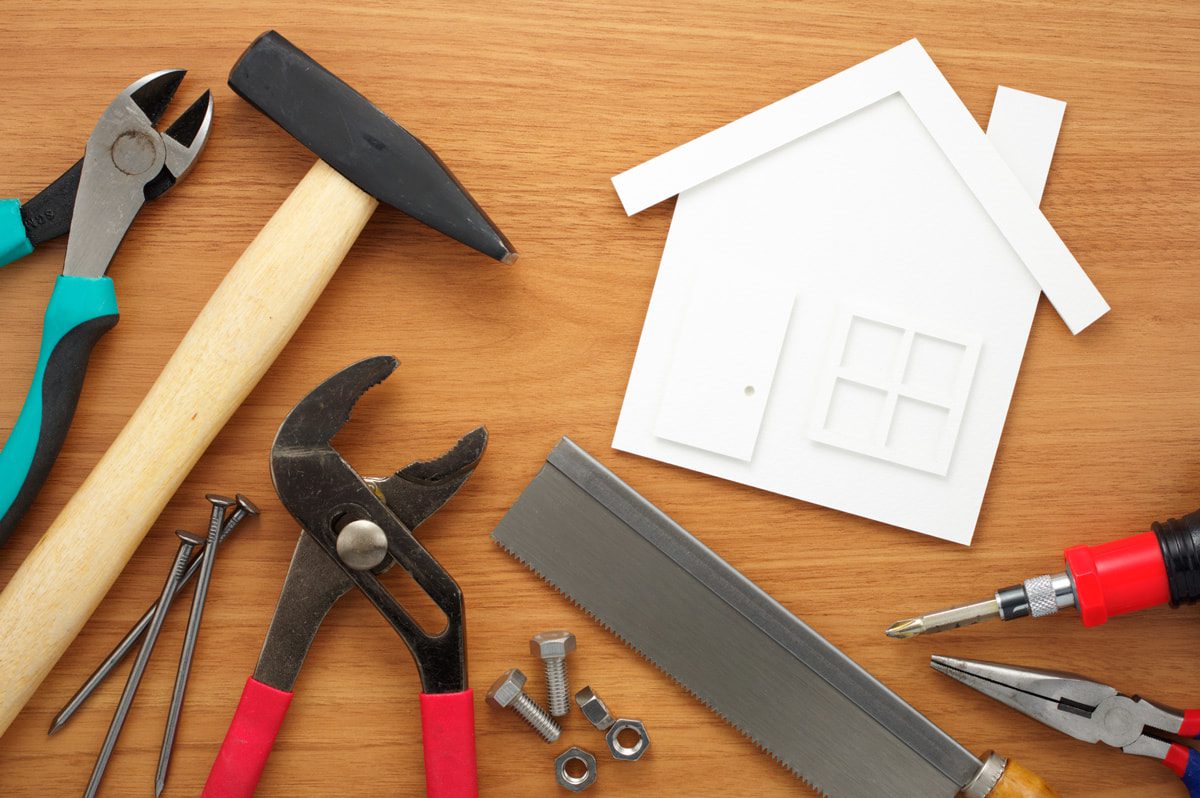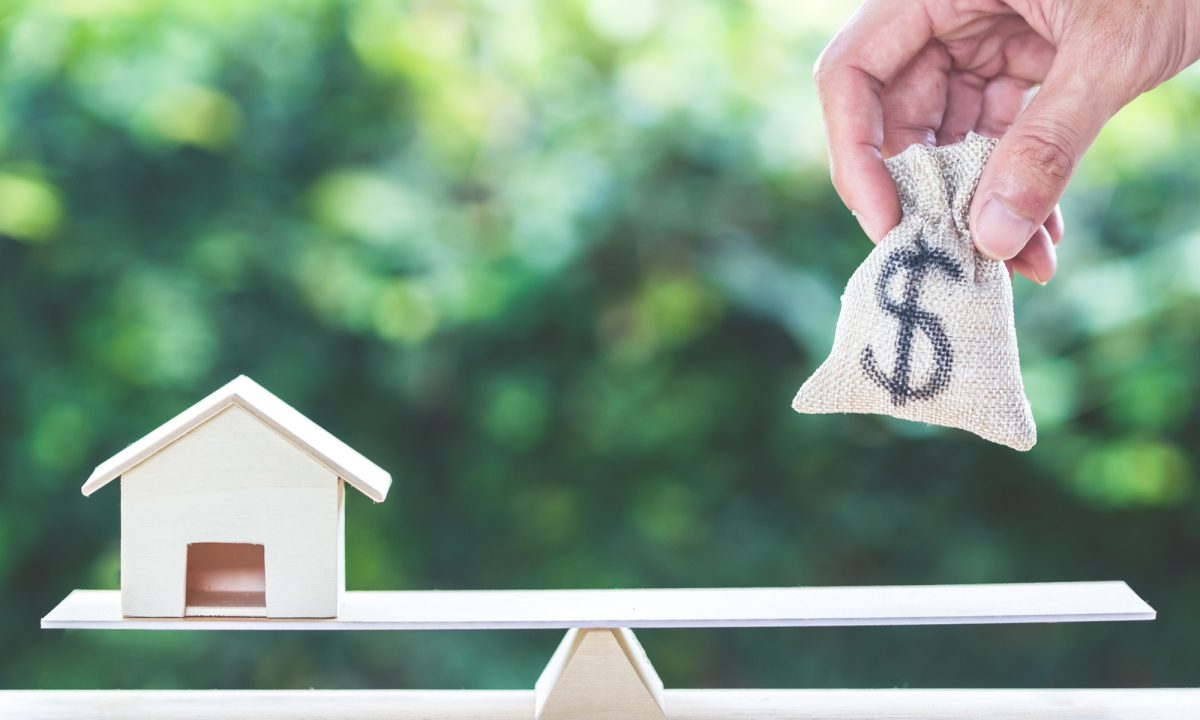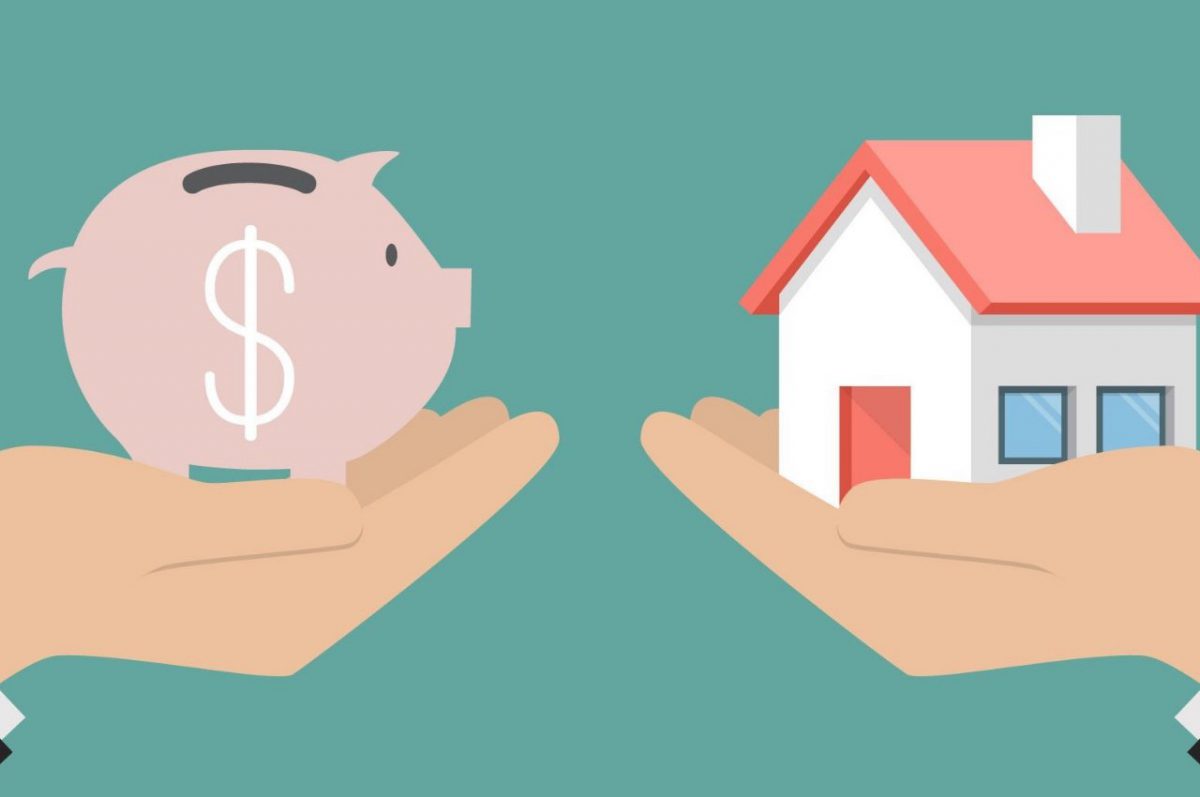Buying a house requires a lot of time and effort, but these 10 steps can help make the home buying process manageable and help you make the best decisions possible.
Step 1: Work with a Mortgage Banker to Select Your Loan
Lenders have a wide range of competitively priced loan programs and a reputation for exceptional customer service. You will have many questions when you are purchasing a home, and having one of our experienced, responsive mortgage bankers assist you can make the process much easier.
Every home buyer has their own priorities when choosing a mortgage. Some are interested in keeping their monthly payments as low as possible. Others are interested in making sure that their monthly payments never increase. And still others pick a loan based on the knowledge they will be moving again in just a few years.
Step 2: Start Your Research Early
As soon as you can, start reading Web sites, newspapers, and magazines that have real estate listings. Make a note of particular homes you are interested in and see how long they stay on the market. Also, note any changes in asking prices. This will give you a sense of the housing trends in specific areas.
Step 3: Determine How Much House You Can Afford
Lenders generally recommend that people look for homes that cost no more than three to five times their annual household income if the home buyers plan to make a 20% down payment and have a moderate amount of other debt.
But you should make this determination based on your own financial situation. Use our Affordability Calculator to see how much house you can afford.
To help you save for your down payment, try Discover Bank’s AutoSavers Plan, which makes it easy to put aside money each month.
Step 4: Find the Right Real Estate Agent
Real estate agents are important partners when you’re buying or selling a home. Real estate agents can provide you with helpful information on homes and neighborhoods that isn’t easily accessible to the public. Their knowledge of the home buying process, negotiating skills, and familiarity with the area you want to live in can be extremely valuable. And best of all, it doesn’t cost you anything to use an agent – they’re compensated from the commission paid by the seller of the house.
Step 5: Shop for Your Home and Make an Offer
Start touring homes in your price range. It might be helpful to take notes on all the homes you visit. You will see a lot of houses! It can be hard to remember everything about them, so you might want to take pictures or video to help you remember each home.
Make sure to check out the little details of each house. For example:
- Test the plumbing by running the shower to see how strong the water pressure is and how long it takes to get hot water
- Try the electrical system by turning switches on and off
- Open and close the windows and doors to see if they work properly
It’s also important to evaluate the neighborhood and make a note of things such as:
- Are the other homes on the block well maintained?
- How much traffic does the street get?
- Is there enough street parking for your family and visitors?
- Is it conveniently located near places of interest to you: schools, shopping centers, restaurants, parks, and public transportation?
Take as much time as you need to find the right home. Then work with your real estate agent to negotiate a fair offer based on the value of comparable homes in the same neighborhood. Once you and the seller have reached agreement on a price, the house will go into escrow, which is the period of time it takes to complete all of the remaining steps in the home buying process.
Step 6: Get a Home Inspection
Typically, purchase offers are contingent on a home inspection of the property to check for signs of structural damage or things that may need fixing. Your real estate agent usually will help you arrange to have this inspection conducted within a few days of your offer being accepted by the seller. This contingency protects you by giving you a chance to renegotiate your offer or withdraw it without penalty if the inspection reveals significant material damage.
Both you and the seller will receive a report on the home inspector’s findings. You can then decide if you want to ask the seller to fix anything on the property before closing the sale. Before the sale closes, you will have a walk-through of the house, which gives you the chance to confirm that any agreed-upon repairs have been made.
Step 7: Have the Home Appraised
Lenders will arrange for an appraiser to provide an independent estimate of the value of the house you are buying. The appraiser is a member of a third party company and is not directly associated with the lender. The appraisal will let all the parties involved know that you are paying a fair price for the home.
Step 8: Get Prequalified and Preapproved for credit for Your Mortgage
Before you start looking for a home, you will need to know how much you can actually spend. The best way to do that is to get prequalified for a mortgage. To get prequalified, you just need to provide some financial information to your mortgage banker, such as your income and the amount of savings and investments you have. Your lender will review this information and tell you how much we can lend you. This will tell you the price range of the homes you should be looking at. Later, you can get preapproved for credit, which involves providing your financial documents (W-2 statements, paycheck stubs, bank account statements, etc.) so your lender can verify your financial status and credit.
Step 9: Coordinate the Paperwork
As you can imagine, there is a lot of paperwork involved in buying a house. Your lender will arrange for a title company to handle all of the paperwork and make sure that the seller is the rightful owner of the house you are buying.
Step 10: Close the Sale
At closing, you will sign all of the paperwork required to complete the purchase, including your loan documents. It typically takes a couple of days for your loan to be funded after the paperwork is returned to the lender. Once the check is delivered to the seller, you are ready to move into your new home!
